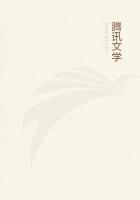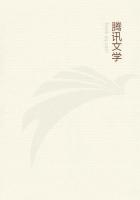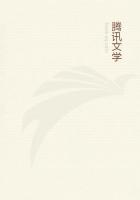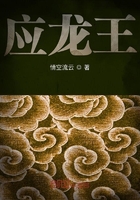And now I began to find that this duplex passion was the Christian key to ethics everywhere. Everywhere the creed made a moderation out of the still crash of two impetuous emotions. Take, for instance, the matter of modesty, of the balance between mere pride and mere prostration. The average pagan, like the average agnostic, would merely say that he was content with himself, but not insolently self-satisfied, that there were many better and many worse, that his deserts were limited, but he would see that he got them.
In short, he would walk with his head in the air; but not necessarily with his nose in the air. This is a manly and rational position, but it is open to the objection we noted against the compromise between optimism and pessimism--the "resignation" of Matthew Arnold.
Being a mixture of two things, it is a dilution of two things; neither is present in its full strength or contributes its full colour.
This proper pride does not lift the heart like the tongue of trumpets; you cannot go clad in crimson and gold for this. On the other hand, this mild rationalist modesty does not cleanse the soul with fire and make it clear like crystal; it does not (like a strict and searching humility) make a man as a little child, who can sit at the feet of the grass. It does not make him look up and see marvels; for Alice must grow small if she is to be Alice in Wonderland. Thus it loses both the poetry of being proud and the poetry of being humble.
Christianity sought by this same strange expedient to save both of them.
It separated the two ideas and then exaggerated them both.
In one way Man was to be haughtier than he had ever been before; in another way he was to be humbler than he had ever been before.
In so far as I am Man I am the chief of creatures. In so far as I am a man I am the chief of sinners. All humility that had meant pessimism, that had meant man taking a vague or mean view of his whole destiny--all that was to go. We were to hear no more the wail of Ecclesiastes that humanity had no pre-eminence over the brute, or the awful cry of Homer that man was only the saddest of all the beasts of the field. Man was a statue of God walking about the garden. Man had pre-eminence over all the brutes; man was only sad because he was not a beast, but a broken god.
The Greek had spoken of men creeping on the earth, as if clinging to it. Now Man was to tread on the earth as if to subdue it.
Christianity thus held a thought of the dignity of man that could only be expressed in crowns rayed like the sun and fans of peacock plumage.
Yet at the same time it could hold a thought about the abject smallness of man that could only be expressed in fasting and fantastic submission, in the gray ashes of St. Dominic and the white snows of St. Bernard.
When one came to think of ONE'S SELF, there was vista and void enough for any amount of bleak abnegation and bitter truth. There the realistic gentleman could let himself go--as long as he let himself go at himself. There was an open playground for the happy pessimist.
Let him say anything against himself short of blaspheming the original aim of his being; let him call himself a fool and even a damned fool (though that is Calvinistic); but he must not say that fools are not worth saving. He must not say that a man, QUA man, can be valueless. Here, again in short, Christianity got over the difficulty of combining furious opposites, by keeping them both, and keeping them both furious. The Church was positive on both points.
One can hardly think too little of one's self. One can hardly think too much of one's soul.
Take another case: the complicated question of charity, which some highly uncharitable idealists seem to think quite easy.
Charity is a paradox, like modesty and courage. Stated baldly, charity certainly means one of two things--pardoning unpardonable acts, or loving unlovable people. But if we ask ourselves (as we did in the case of pride) what a sensible pagan would feel about such a subject, we shall probably be beginning at the bottom of it.
A sensible pagan would say that there were some people one could forgive, and some one couldn't: a slave who stole wine could be laughed at; a slave who betrayed his benefactor could be killed, and cursed even after he was killed. In so far as the act was pardonable, the man was pardonable. That again is rational, and even refreshing; but it is a dilution. It leaves no place for a pure horror of injustice, such as that which is a great beauty in the innocent. And it leaves no place for a mere tenderness for men as men, such as is the whole fascination of the charitable. Christianity came in here as before.
It came in startlingly with a sword, and clove one thing from another.
It divided the crime from the criminal. The criminal we must forgive unto seventy times seven. The crime we must not forgive at all.
It was not enough that slaves who stole wine inspired partly anger and partly kindness. We must be much more angry with theft than before, and yet much kinder to thieves than before. There was room for wrath and love to run wild. And the more I considered Christianity, the more I found that while it had established a rule and order, the chief aim of that order was to give room for good things to run wild.
Mental and emotional liberty are not so ****** as they look.


